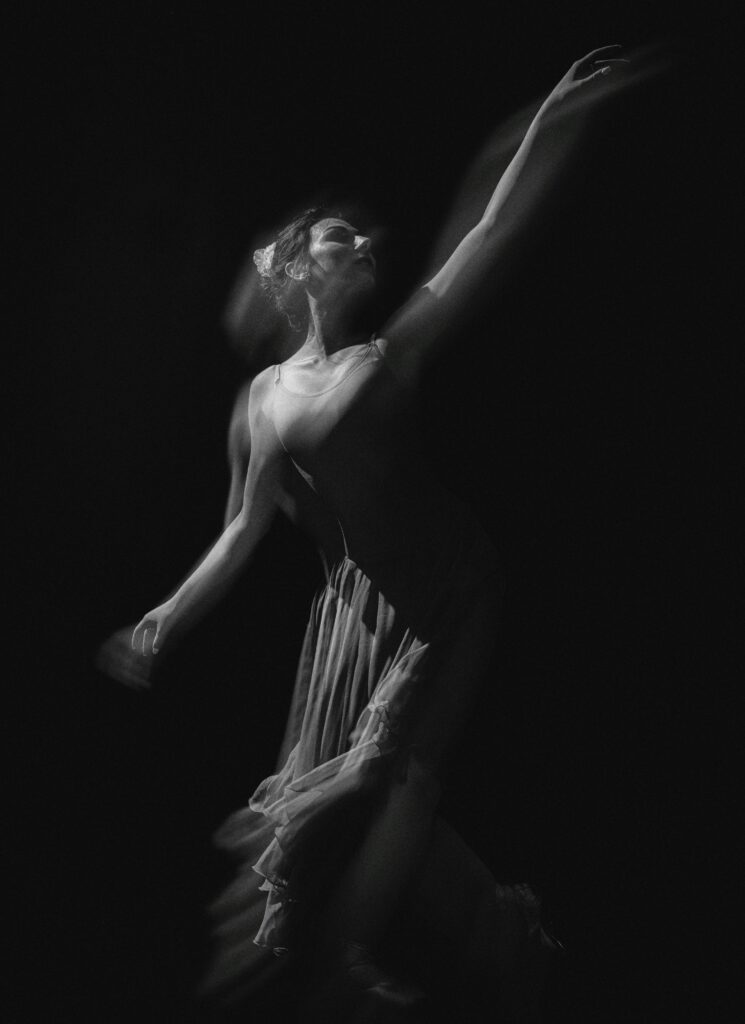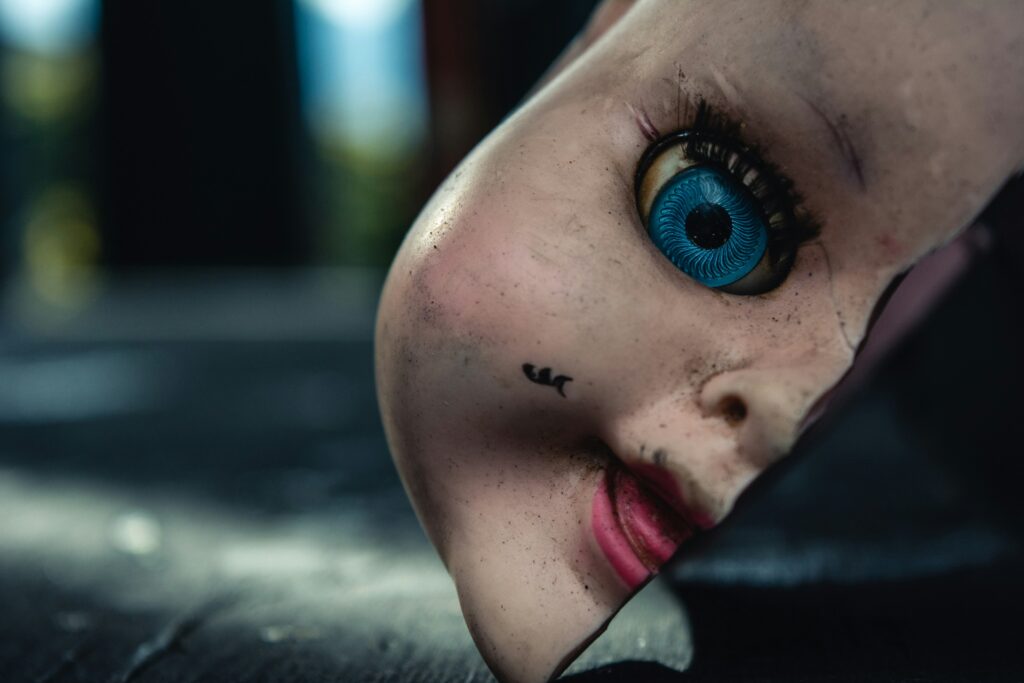HOW TO DISSAPPEAR?
Christopher Locke, December 11, 2023
When I was 7 years old, my parents were still married but I rarely saw them. Or if they were around, they were a thousand miles away, lost in their own private wreckage. So I mostly navigated a world free of adult interaction. Discovery was made through risk and reward: What happens if I pry this beetle off a nodding dahlia? What if I lick peanut butter off a knife? What if I place a match against these abandoned leaves? The choices were mine alone, no one to tell me otherwise.
The silence was a kind of wilderness.
Each day I was confronted by totems pretending to be things: houses, classmates, churches, newspapers, dogs, cars, long and sharp with fins. I walked through my life unaware, touching to understand. I could speak but who would hear me? Or worse, what if I said the wrong thing? What if my words made my mother rise up and twist something off my head, or send me hungry out into the yard? At school, I only used words that spoke of anyone but me: I created, faked, lied; anything to make others believe I might be real.
I stepped towards objects hoping for understanding: the backyard with its defeated fence and barn ominous with no doors; the stout tree knotted in crabapples so sour I squinched my face; a black and white television that roared on Saturday afternoons with Japanese monsters; my bedroom with its cramped angles, two beds, and an older brother who softly banged his head at night so he could fall asleep.
My father was a ghost, an assemblage of rumors and shadow until I’d spy him sleeping next to my mother on Sunday mornings, codeine streaking his dreams like rainwater, voice stating he needed to rest his eyes a little longer. My mother, young and terrified, play-wrestled with me and my brother in the afternoons until valium flooded her synapses beyond reason or memory. Sometimes she’d stop and say we had to nap with her until I grew bored and snuck back downstairs. Sometimes she’d pass out right there on the floor, leaving my brother and I to sob back and forth between the living room and the dining room, first thinking it was a game, then not sure why she wouldn’t wake up.
The only certainty in life was that hell awaited unless our church intervened. But I couldn’t memorize all the miracles in the Bible, the strange names for books in the Old Testament, and grew frustrated, and hoped my silence between the pews would allow me to be passed over by evil—if I just stared hard enough into my corduroys until all of the possessed in our church stopped screaming, and the demons grew bored and left their bodies, then the wide front doors of the church could open again, allowing sunlight back into our eyes.
Christmas would arrive with its eggnog, Easter with its baskets of cellophane and chocolate. But the best salvation was ice cream, the baby blue truck surprising our street in July. Who had a quarter? Someone had to have a quarter! Tip-toes up to the window, the man leaning out, the smell of hair tonic and sugar cones. Please God, anything but the ice pop. Nutty Buddy dripping down my arm as I sat quietly in the grass.
The largest silence of all ended up being the public library with its stained glass and ceilings taller than heaven. Countless books alert on the shelves, the dusty reek of spines snapping open—so many I could touch and wish would touch me back. Take as many as you can carry, they said. So I did, but hurried them back the same day, thinking I might be someone they could accuse. The adults received the books and laughed, looking down at me with infuriating pity.
You know you can keep these longer, sweetie. Do you want to take them back home?
And all I could think was that home is not the word I would use.
You may also like
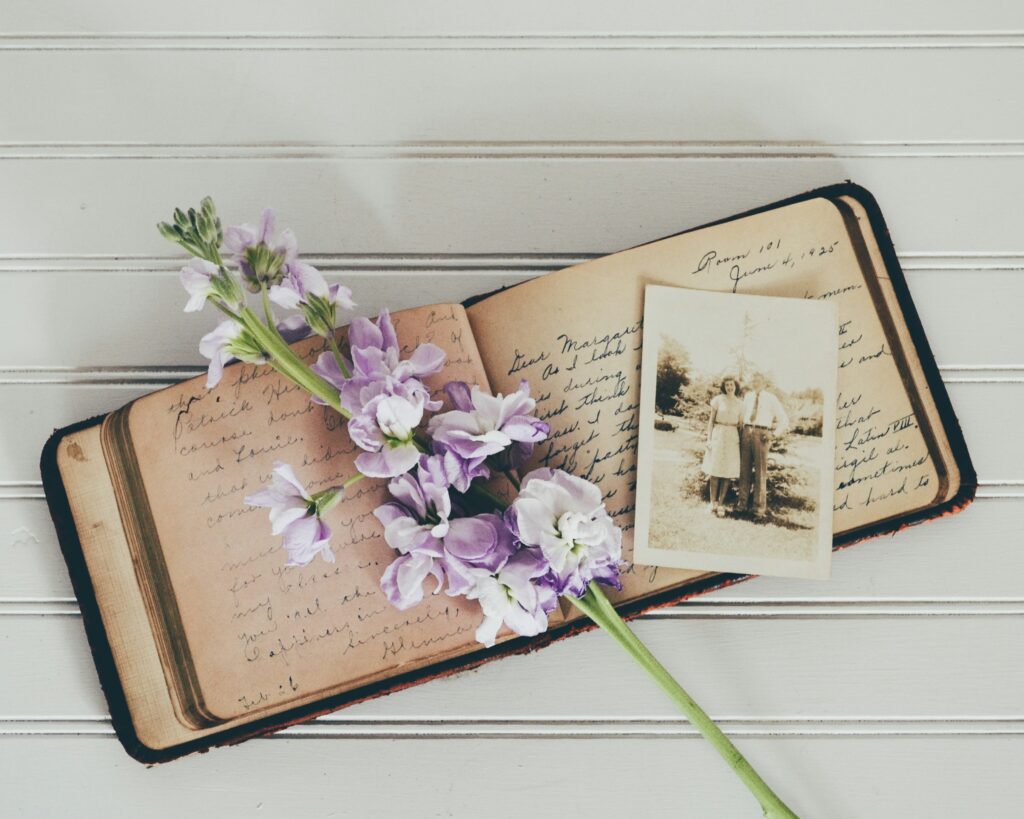
Eyes of the Beholden
Unspoken desires linger in the shadows of a teacher's life, revealed through art
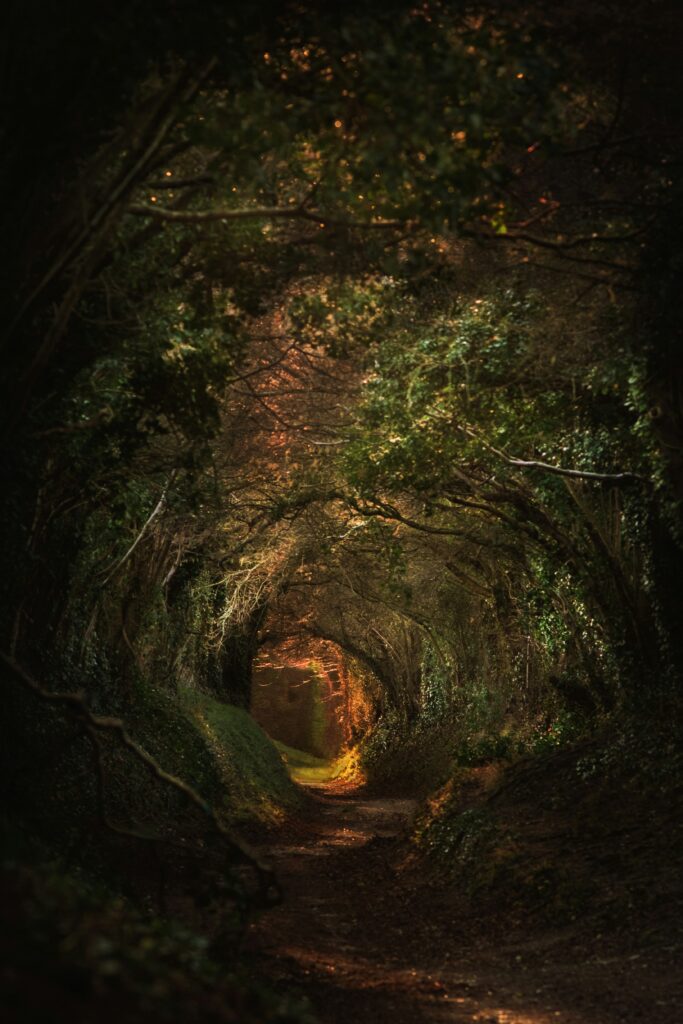
LOST
Bessie's odyssey through stormy nights, lost love, and secret graveyards unfolds with haunting beauty in "Lost" by Sandra Dennis.
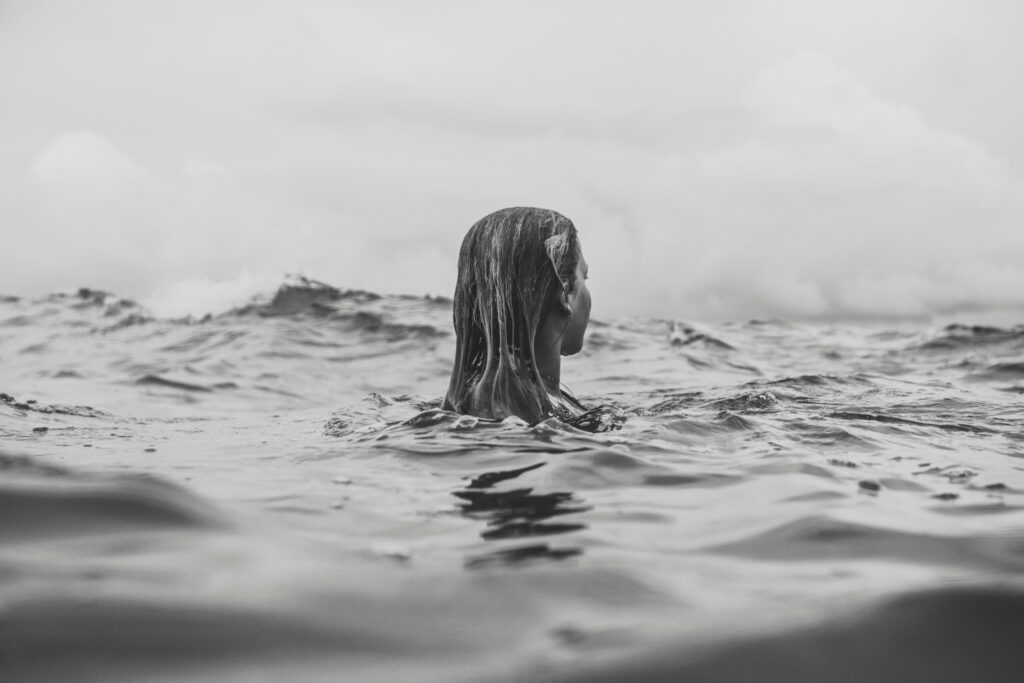
Water Rising
Amidst a flood, a woman grapples with the past, and confronts the consequences in this haunting narrative of resilience.
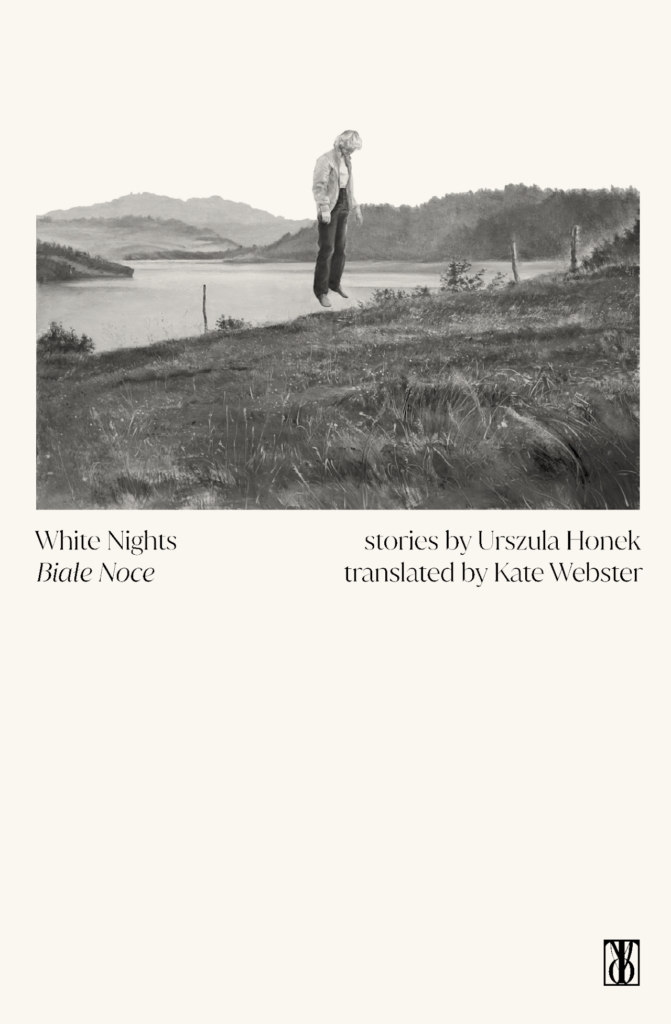
Book Review: White Nights by Urszula Honek
The debut short story from Polish writer Urszula Honek, White Nights, is akin to reading an account of a haunted place – one that is beautiful and devastating in equal
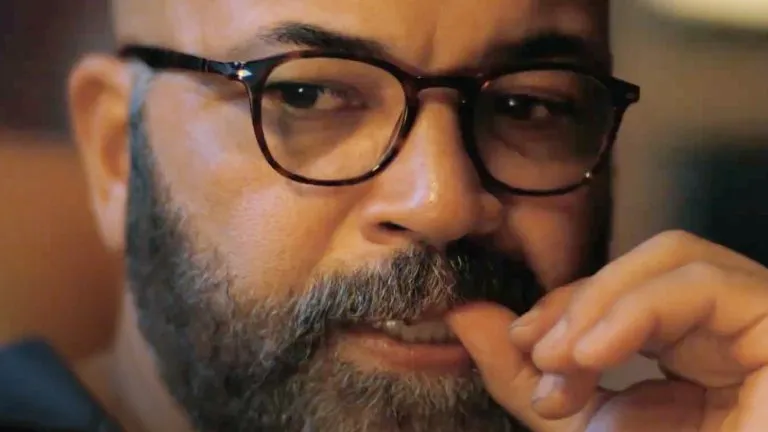
Beyond the Surface: The Multifaceted Lives of ‘American Fiction’
In essence, "American Fiction" and the experiences it draws from remind us that we are indeed more than the sum of our parts.
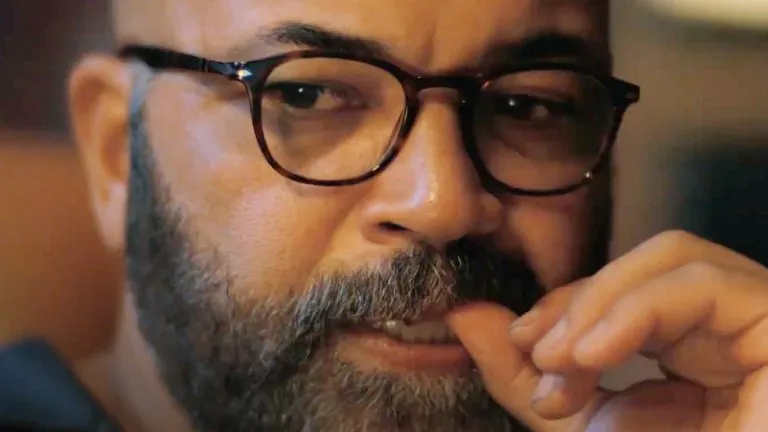
Beyond the Surface: The Multifaceted Lives of ‘American Fiction’
The narrative of “American Fiction” unfolds with a dual focus: it not only scrutinizes the unique pressures faced by Black creatives but also delves into the intricate and sometimes tense…
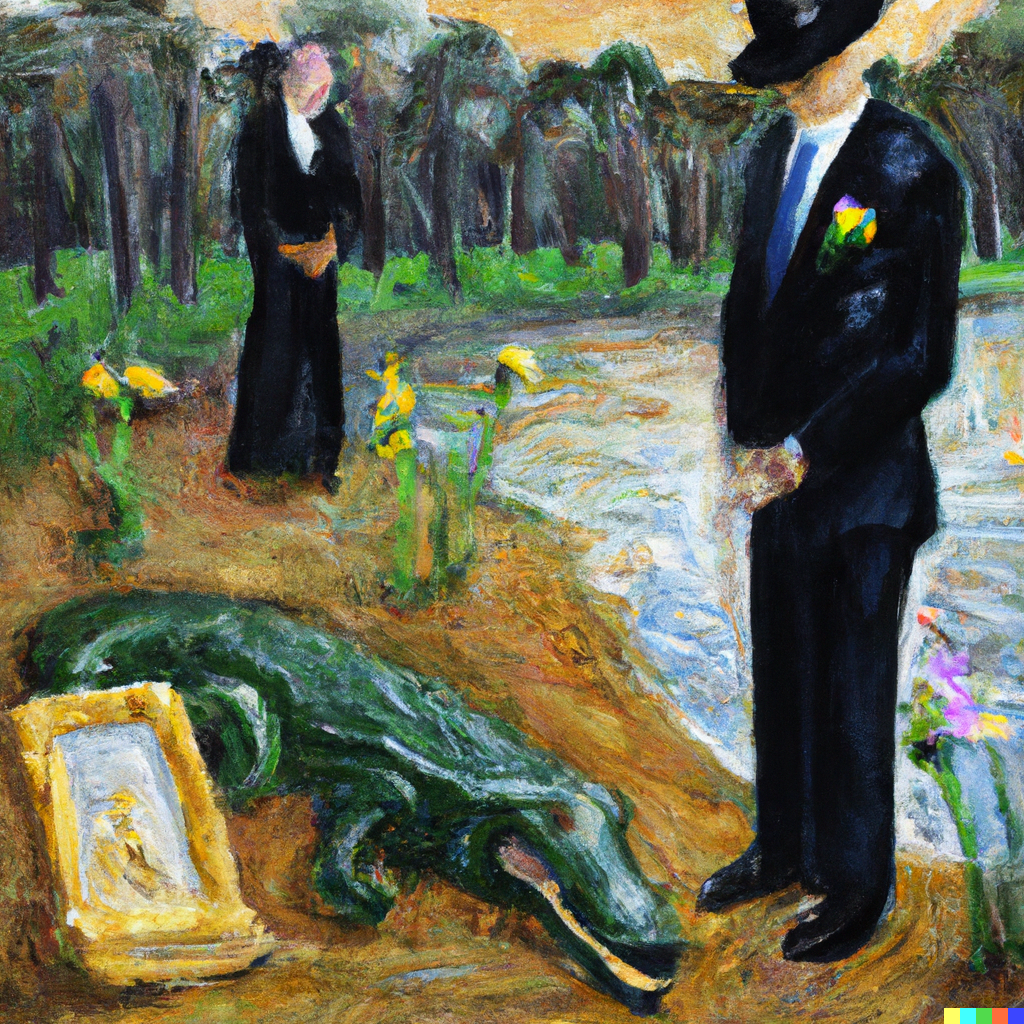
Uncle Bobby’s Funeral
Reluctant family faces the eccentricities of Uncle Bobby's funeral in swampy Chipley.






